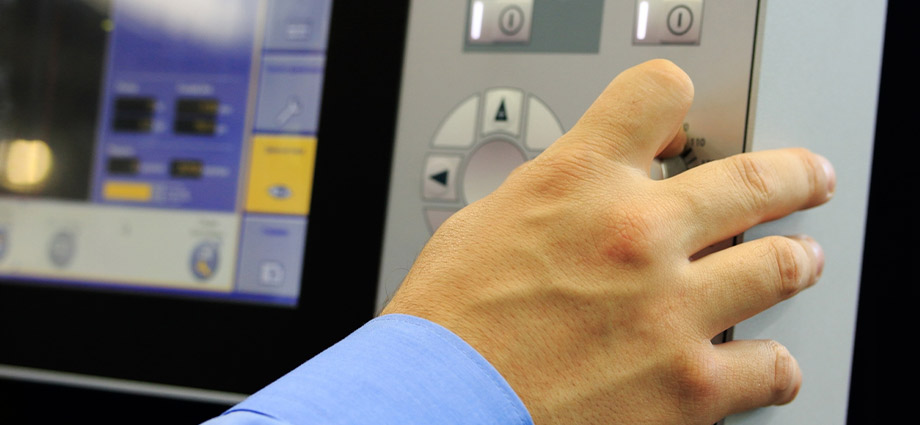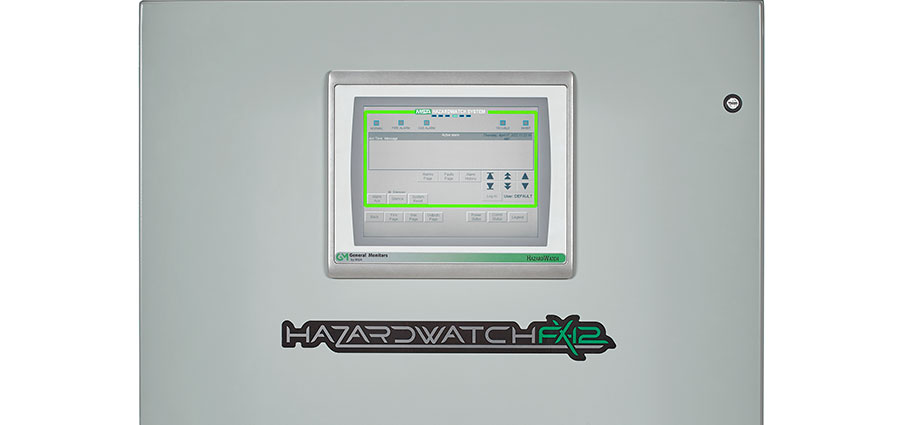
When it comes to gas detection hazards and fire safety, many people may not think about the small yet mighty part a protocol gateway plays. However, Corey Miller, Fire and Gas Systems Operations Manager at MSA Safety, understands its significance. He recognizes that the remote monitoring capabilities and real-time notifications offered by FieldServer™ gateways are an excellent way to enhance and facilitate a quicker response in emergency situations.
We recently sat down with Corey and asked him to share some real-world applications of FieldServer gateways in gas detection systems across the country and, more importantly, how they can play a pivotal role for industrial fire and gas protection.
Q. You’ve been using FieldServer gateways as an additional product to interface gas detection systems for Facility Automation Systems for a long time now. Why?
That’s true. We have more than 1,000 FieldServer gateways in operation just in southern California alone with thousands and thousands more FieldServer gateways working quietly on site or in the cloud at more than 300,000 locations around the world. Simply put, FieldServer connectivity solutions help facility managers and safety teams know what’s going on with their gas detection systems.
Q. Can you give us an example of how FieldServer devices are being used with fixed gas and flame detection systems?
Sure. A major metropolitan area has an underground rail system. This subway system is built over some of the largest underground methane and hydrogen sulfide gas systems in the world. Naturally, the city installed gas detection monitoring systems to detect the presence of hazardous gases, alert personnel, and prevent dangerous gas buildup. So, we use FieldServer gateways as part of these permanent gas detection systems. FieldServer gateways connect the systems and provide real-time information to local authorities, or whoever is in charge, so they can respond in a suitable and timely manner.
Q. Does the FieldServer gateway send alerts directly to first responders?
It depends on the requirements. Some systems require that FieldServer-enabled notifications go to the district or municipality’s facility and safety department, so they can report the incident to local authorities. Others may go directly to first responders. FieldServer devices are capable of both, so it just depends upon the facility and how the fire regulations are interpreted. For example, we use FieldServer gateways for a CNG (compressed natural gas) operation. FieldServer gateways are connected to the Building Automation System (BAS) and to a web-based system to monitor the bus garages and notify local authorities, when appropriate.
Q. What other advantages do FieldServer devices offer?
FieldServer gateways integrate exceptionally well with Building Automation Systems, allowing complete control and monitoring of all connected equipment. And because they support over 140 protocols, it gives customers the flexibility and interoperability they need.
But that’s not all. FieldServer products are also advantageous to anyone looking to save on labor costs. Labor is a large cost for most municipalities, and we’ve found that the FieldServer’s remote monitoring capabilities help reduce those high labor costs. Often, we can use them to make a change in the field rather than taking the time, trouble, and expense to send an engineer or even a laptop to the site. Pretty soon, we’ll be able to use remote cellular connectivity through the MSA Grid cloud-based software solution. This is especially important when it comes to cybersecurity because we’ll be able to remotely access what we need to in the field using our own isolated network, without ever having to connect to the customer’s corporate network.
Q. Speaking of connectivity, is it possible to integrate devices and device data from multiple locations?
We did exactly that for a large university in the southwest. We used FieldServer gateways to bring a variety of disparate devices from multiple manufacturers into their campus’ Supervisory Control and Data Acquisition, or SCADA. Keep in mind that this is a campus with hundreds of buildings, all of which needed to be integrated into the SCADA. While we initially used FieldServer devices to help with an energy management initiative, we also used them in the integration of the university’s many fire alarm panels, utility systems, and other devices.

White Paper
Fire Alarm-to-SCADA Integration: A Roadmap to Fast, Cost-Effective Connection
Get Your White PaperQ. Let’s wrap up by talking about one more potential application: nuisance alarms. What role can FieldServer gateways play in helping organizations contend with unwanted alarms?
When it comes to nuisance alarms, what we’re dealing with is the “Cry Wolf Syndrome,” which is the idea that a system that continually causes these alarms will desensitize building occupants to the point that they won’t believe an alarm is anything but another false alarm. Of course, nobody likes nuisance alarms—not customers, device manufacturers, local authorities, or fire companies. We’re able to help mitigate this issue because FieldServer gateways can use a redundancy system. There’s some logic built into the gateway that essentially says, “If I see smoke or fire here, do I also see it somewhere else?” This helps confirm the signal’s validity, saving our customer and/or local authorities the task of having to respond to a false alarm.






